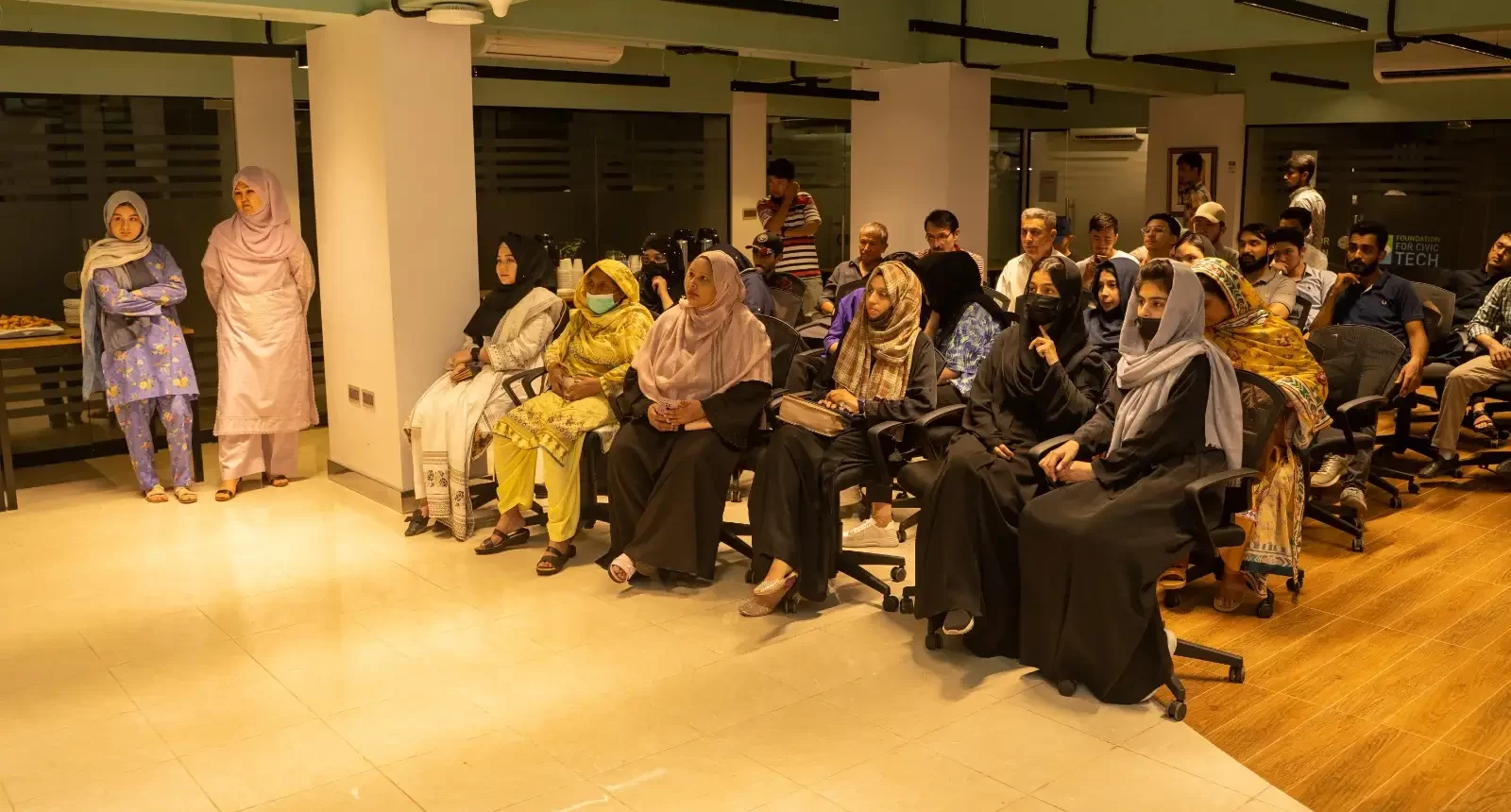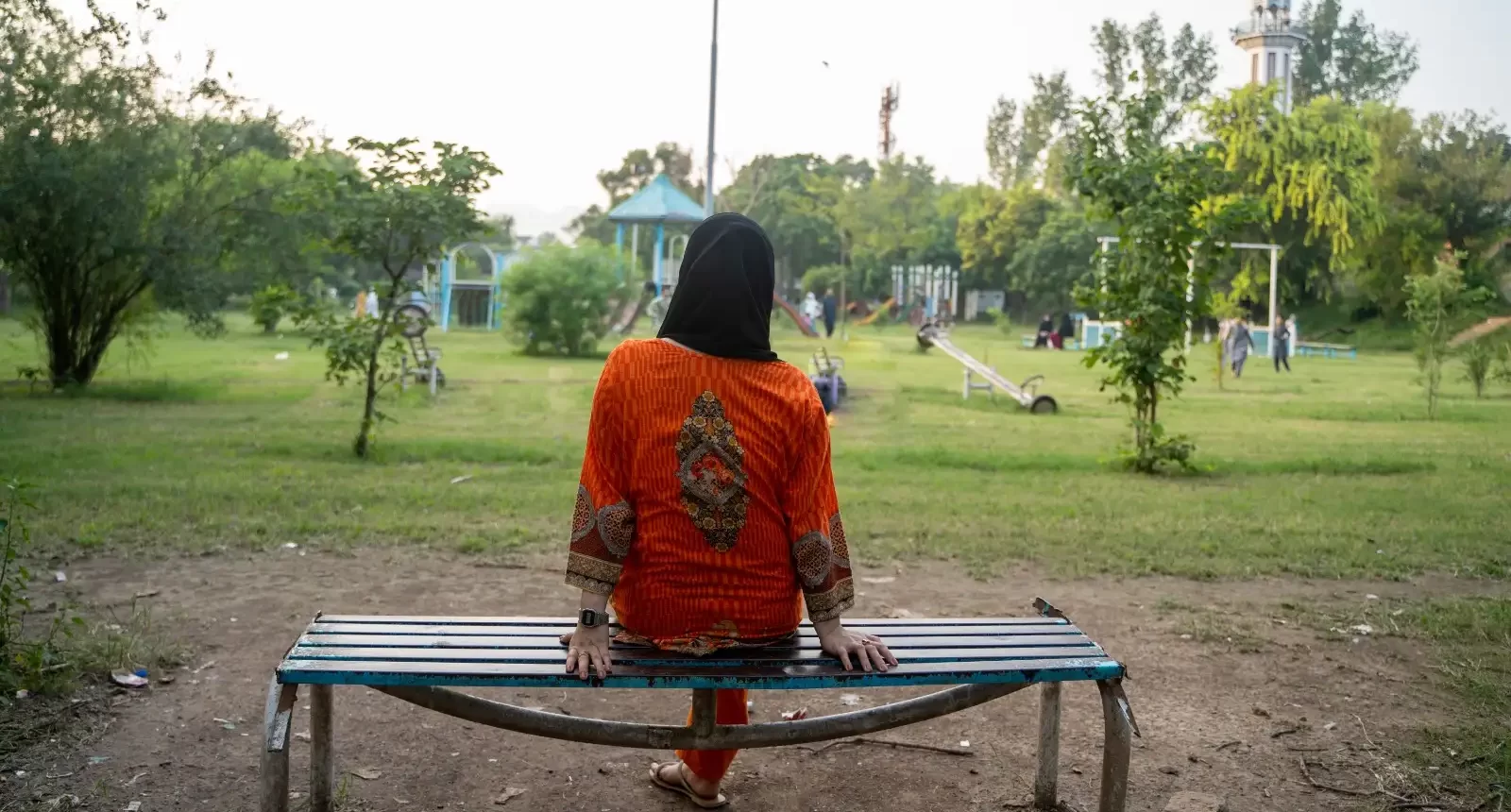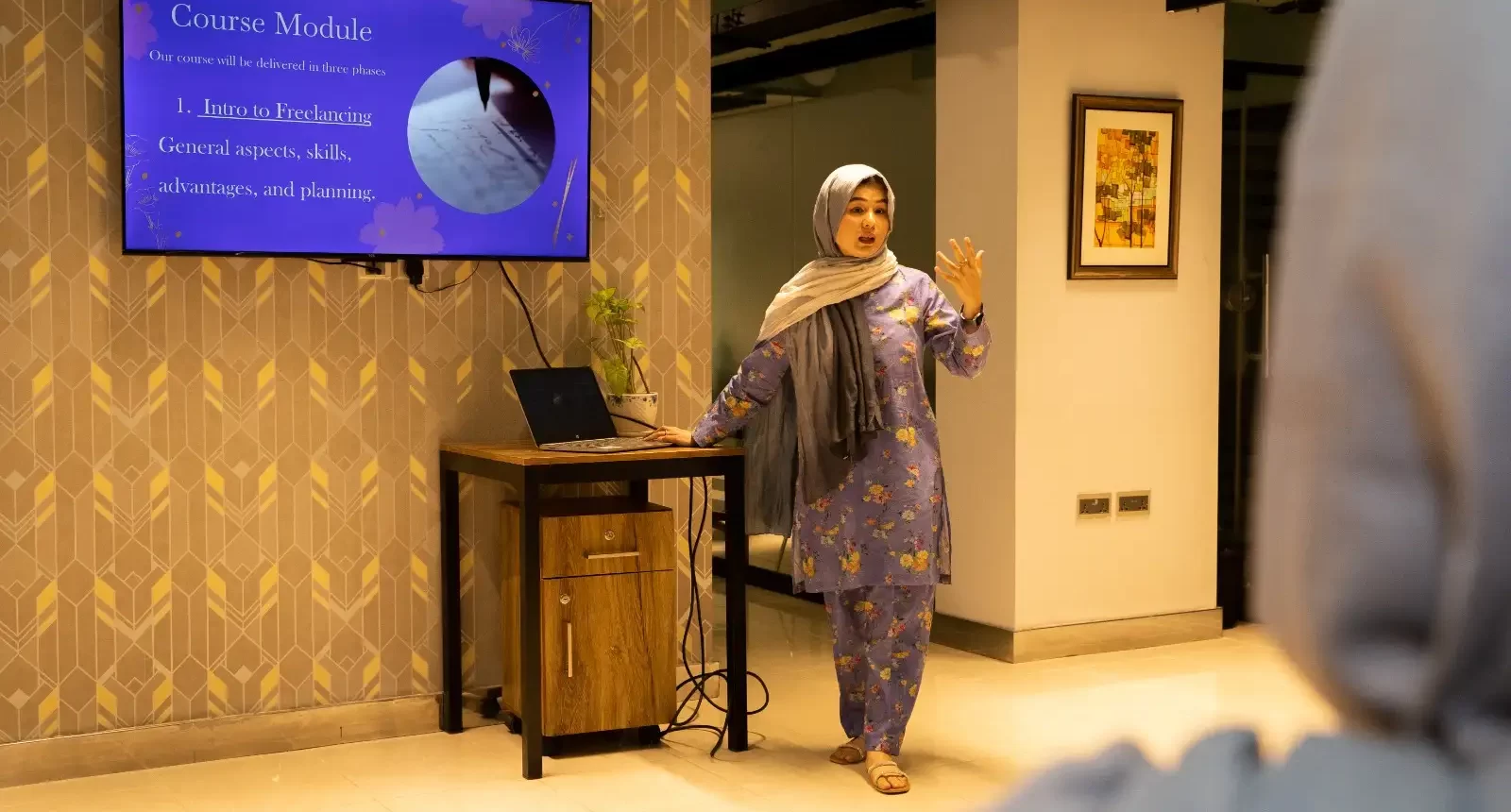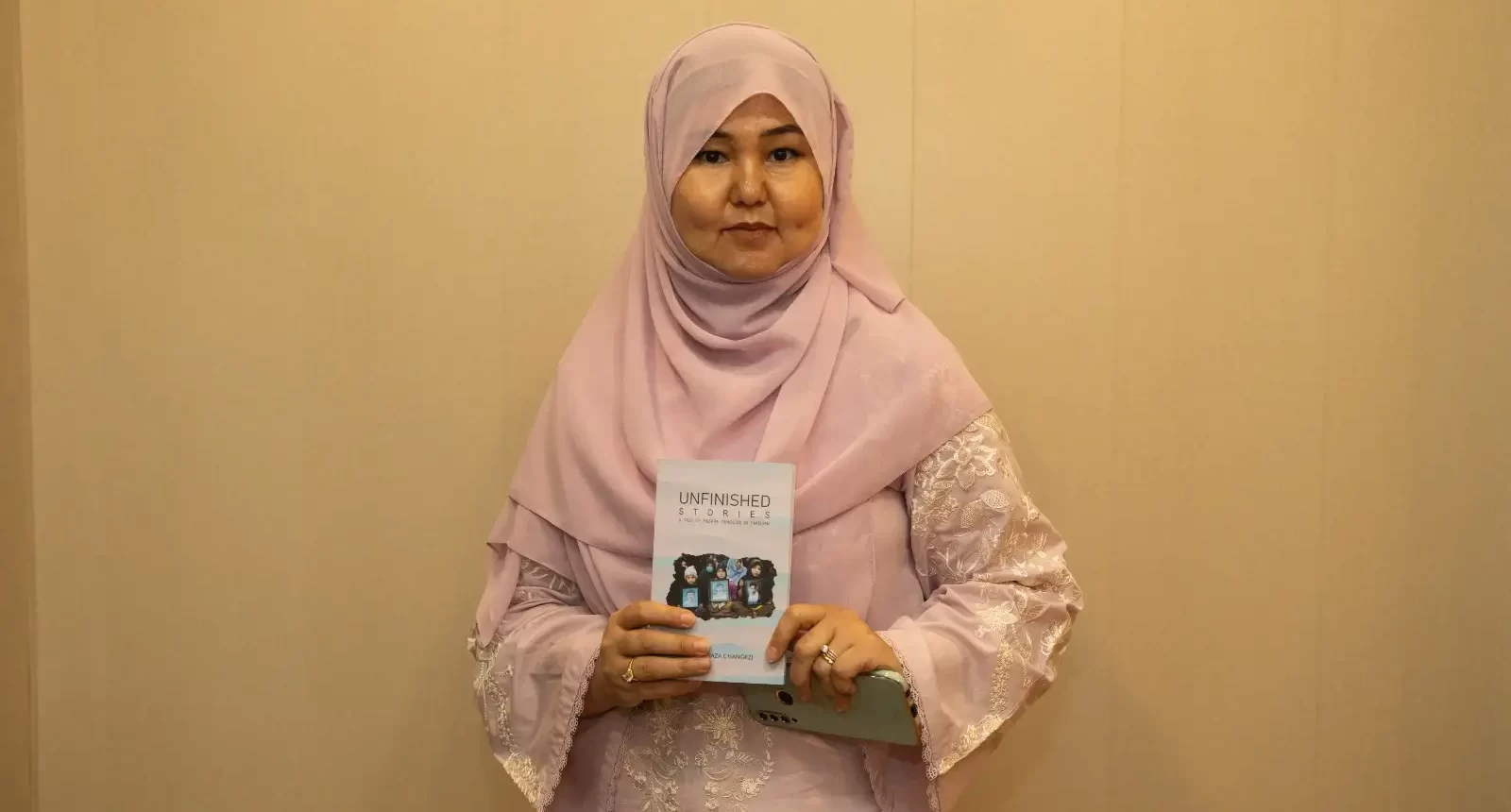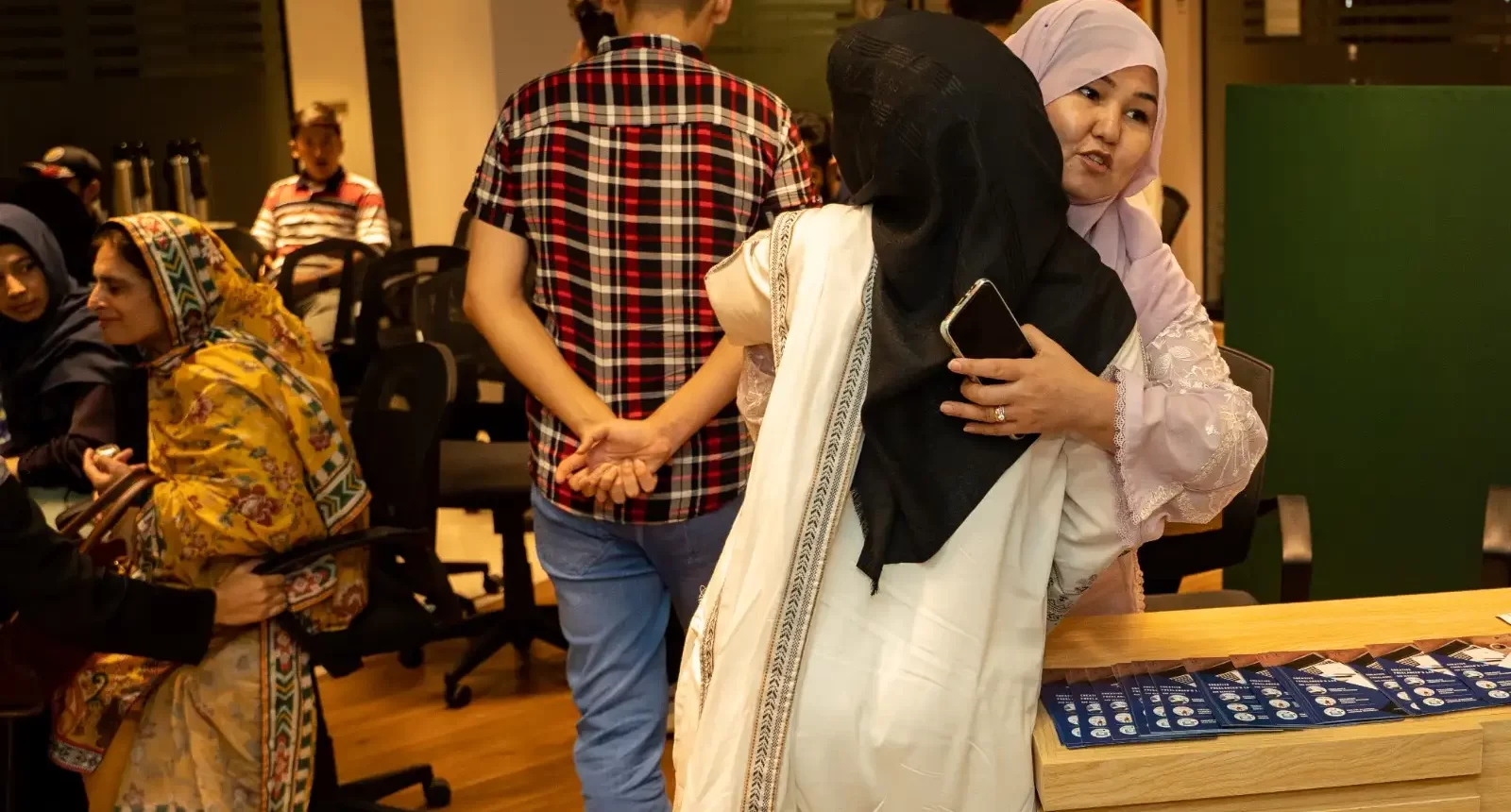Audio Stories
Sakina – Quetta, Balochistan
Sajjad Asim – Quetta, Balochistan
Farheen – Quetta, Balochistan
Photo Stories
The Hazara community members who have found their new home in Islamabad embarked on a journey marked by resilience, determination, and a yearning for education and often choose to live in clusters, as compared to settlements like the ones back in their hometown, Quetta. While they may not fit the traditional definition of "displaced," their move from Hazara Town in Quetta and Mariiaabad was driven by a powerful desire for safety and the pursuit of higher education. This journey, however, was marred by the shadow of persecution that has plagued their community for years, particularly in Quetta.
One of the driving factors behind the Hazara community's relocation to Islamabad was the pursuit of higher education. In Quetta, it had become increasingly difficult for them to access education outside the confines of their communities. The student buses carrying Hazara students were frequently targeted, making the journey to educational institutions a perilous one. This climate of fear and insecurity forced many young Hazaras to seek alternatives for pursuing their dreams of education.
The recent wave of persecution against the Hazara people in Quetta added urgency to their decision to move. Over the years, the Hazara community in Quetta has faced relentless violence and persecution primarily due to their Shia faith. Extremist groups have targeted them in numerous deadly attacks, resulting in the loss of countless lives and a constant atmosphere of fear and insecurity.
The decision to leave their familiar neighbourhoods in Quetta and Mariiaabad was not taken lightly. It was a response to the ongoing threats and risks they faced in their native regions. The Hazara community's move to Islamabad was not about abandoning their roots but about seeking safety and opportunities that were increasingly elusive in Quetta.
Upon their arrival in Islamabad, the Hazara community encountered a relatively more welcoming environment compared to the hostile conditions they had left behind. They did not face significant challenges in terms of housing or resettlement, but the burden of high rents remains a pressing concern for some families.
Despite finding refuge in Islamabad, the Hazara community grapples with the fear of losing their cultural identity. Approximately 400 families have relocated to the city, but they live in relative isolation from one another. Unlike their close-knit communities in Quetta and Mariiaabad, these families are dispersed, and their children are growing up in unfamiliar conditions, often not speaking their native Hazargi language or enjoying their traditional cuisines. The factors of displacement, compounded by the trauma of persecution, continue to affect their daily lives.
The Hazara community's story is one of resilience, determination, and the enduring impact of persecution. Their journey from Quetta and Mariiaabad to Islamabad reflects the profound challenges they have faced, both in their native regions and as they seek safety and educational opportunities in a new city. It is a testament to their strength that they continue to strive for a better future, despite the obstacles they have encountered.
The Hazara community's experience of violence and persecution in Quetta is well-documented, with numerous attacks targeting them due to their Shia faith. These acts of violence have claimed many lives and left the community in a state of constant fear and insecurity. The Hazara community's decision to leave their homes and seek refuge in Islamabad is a response to this ongoing threat, highlighting the urgent need for recognition and support to help them rebuild their lives while preserving their unique culture and identity.

